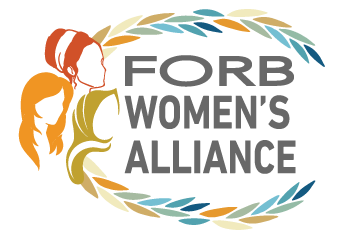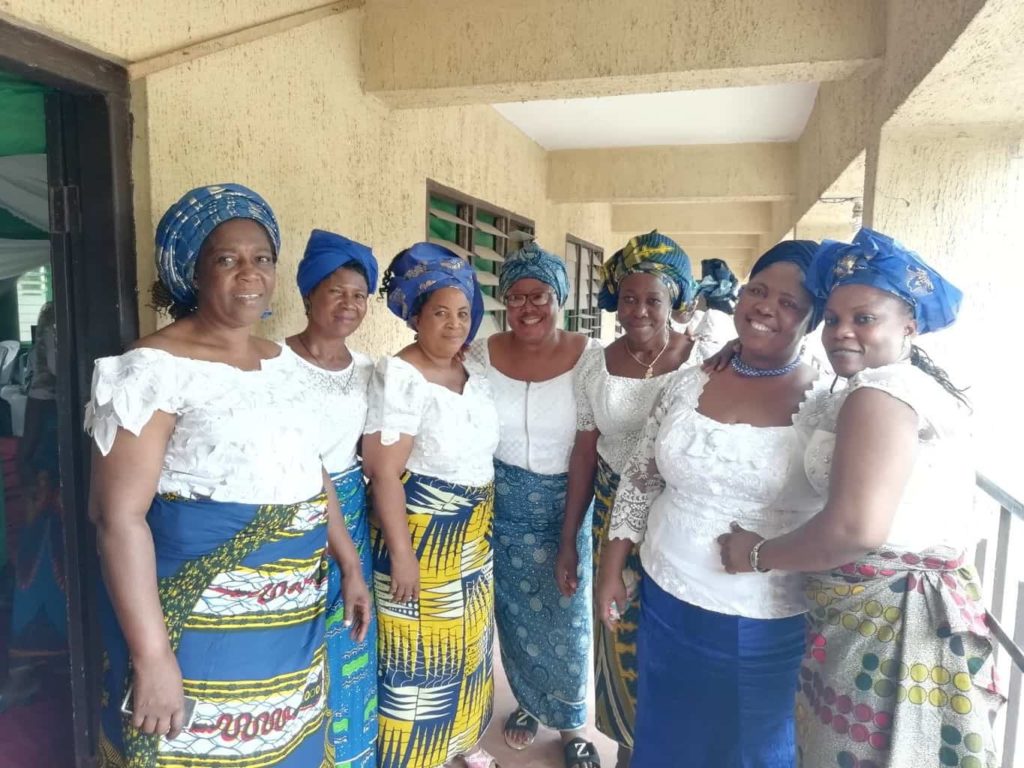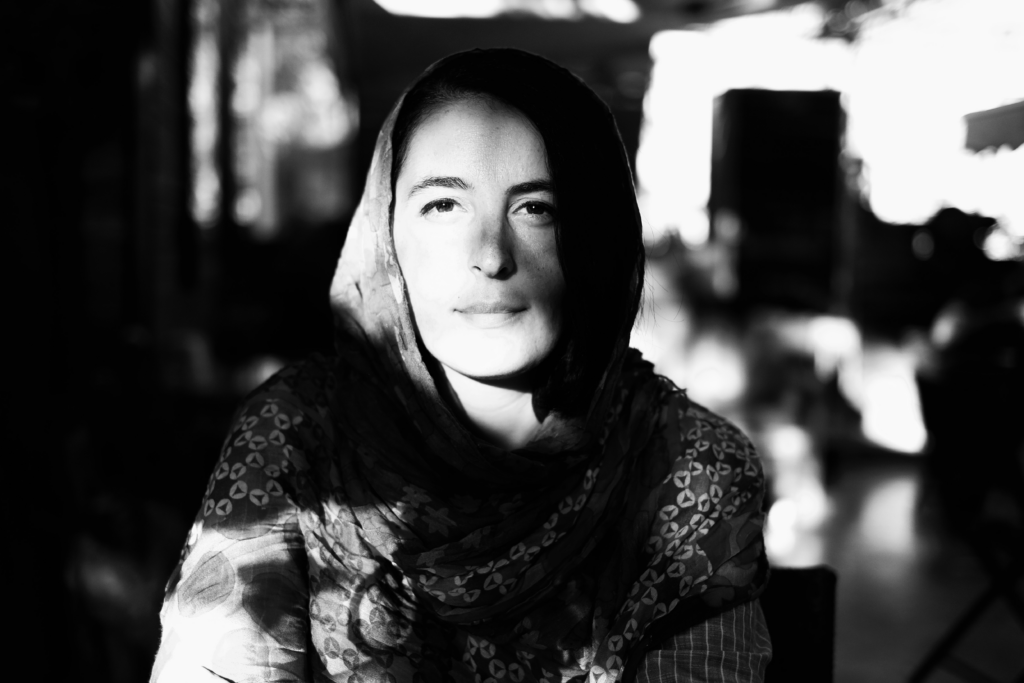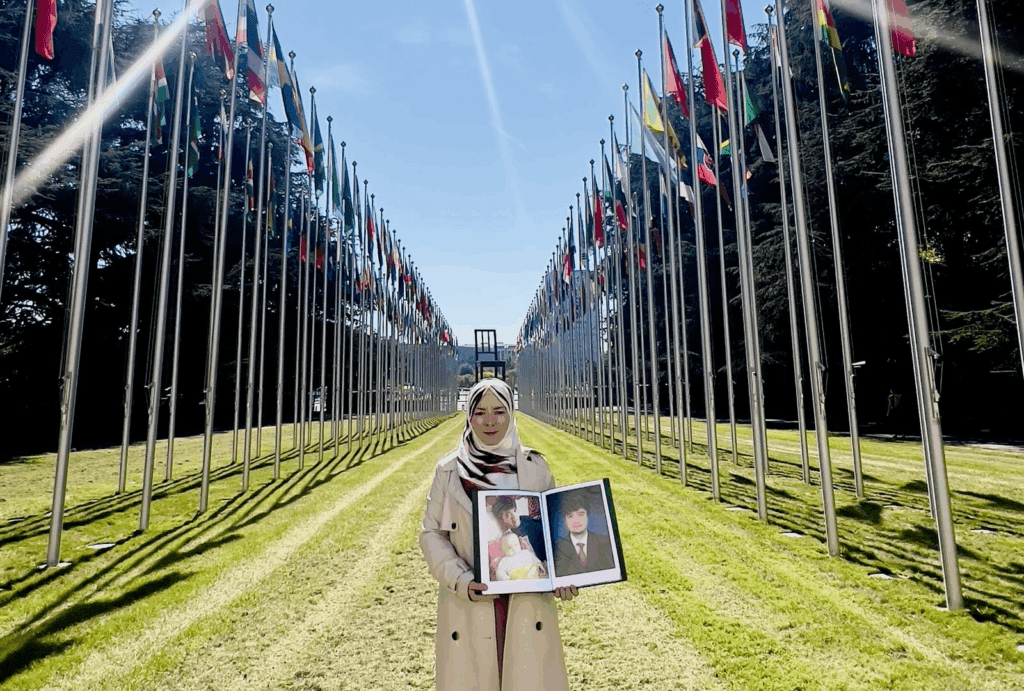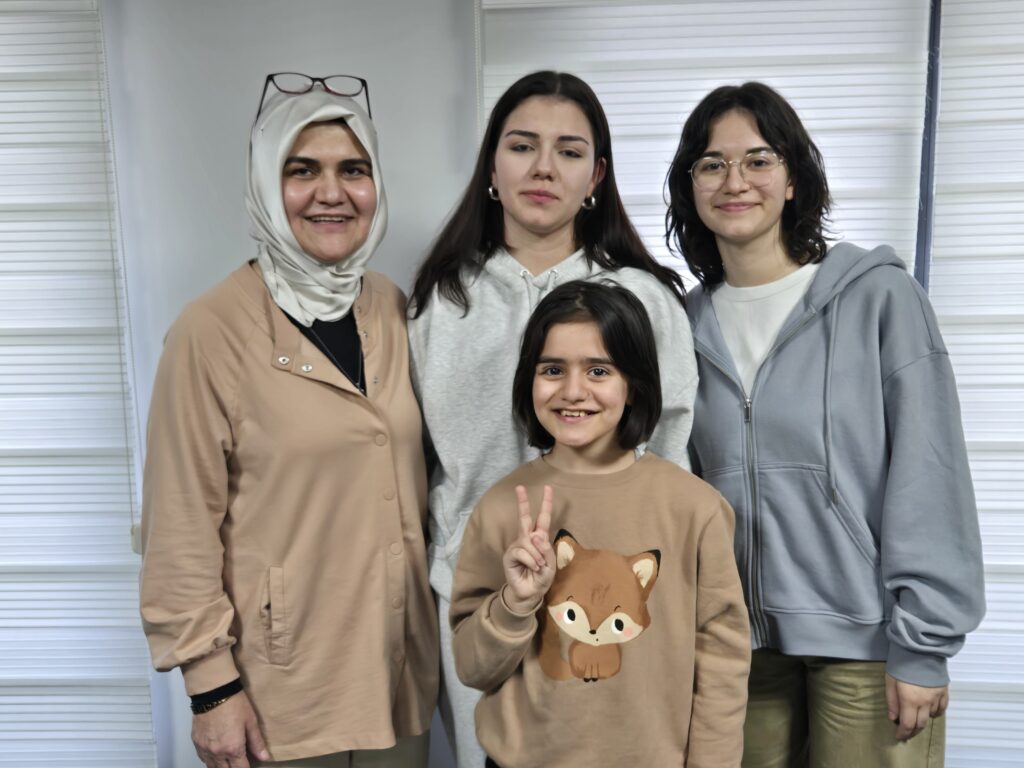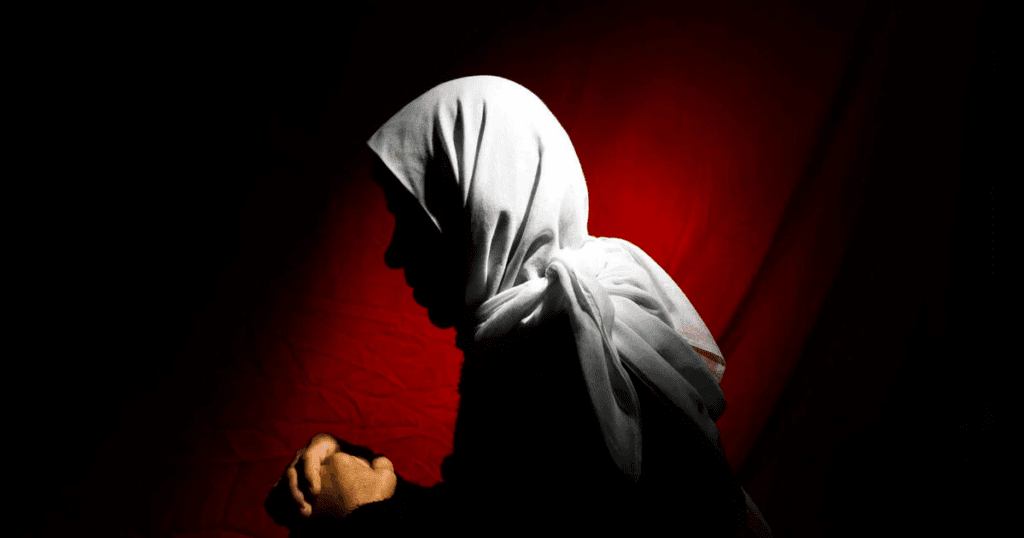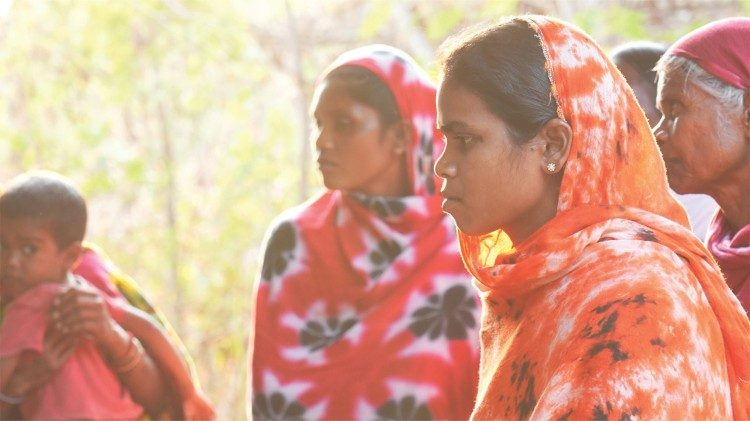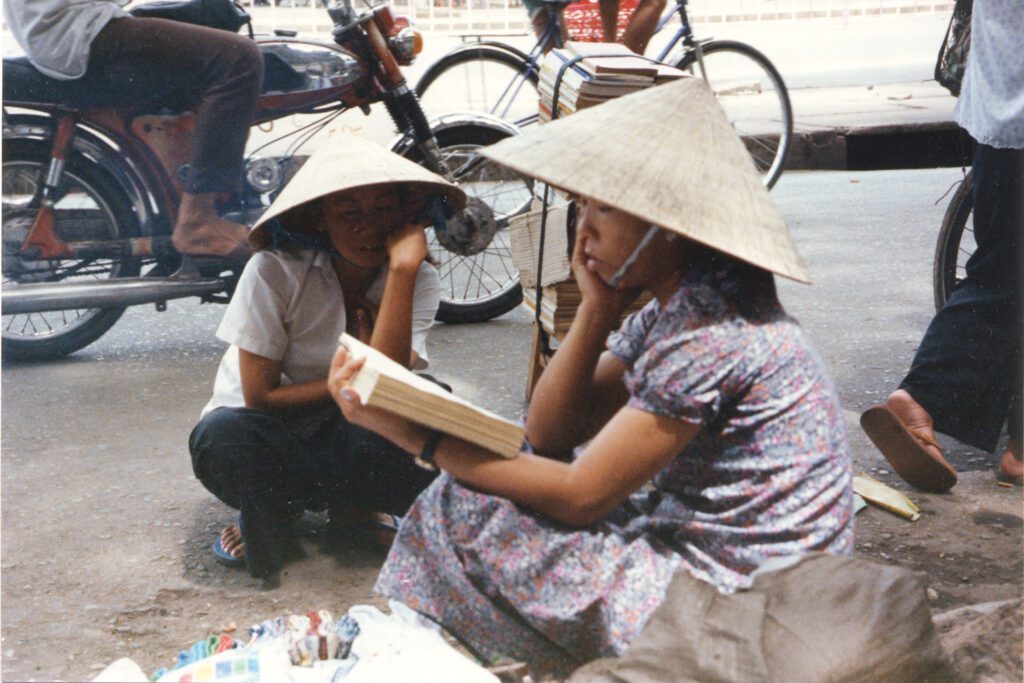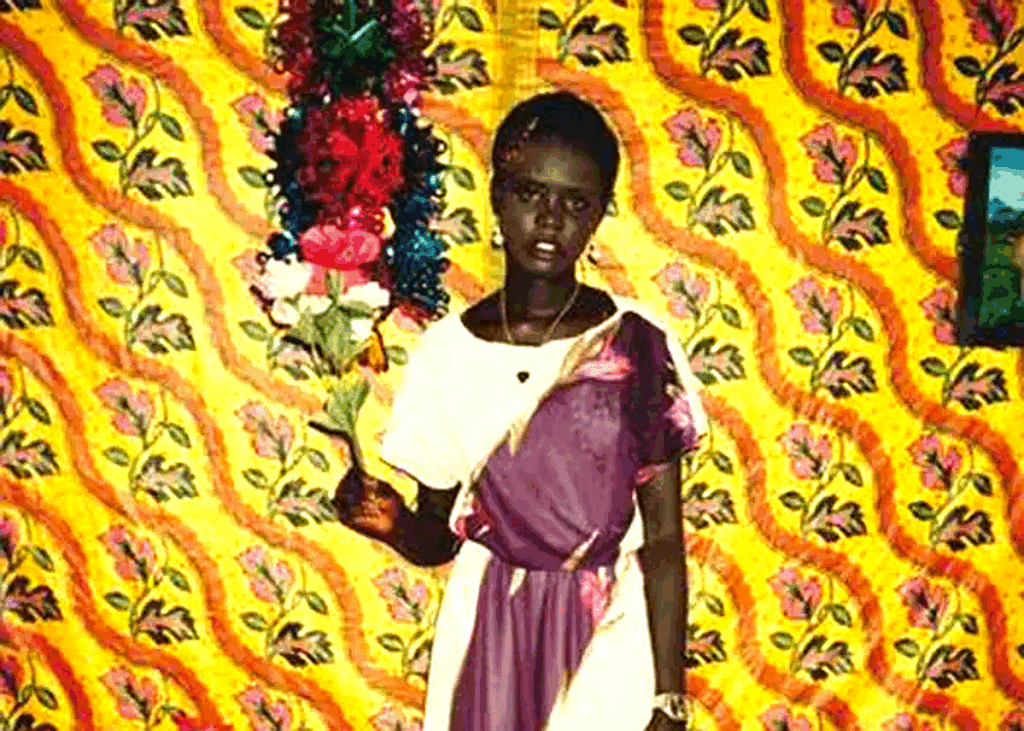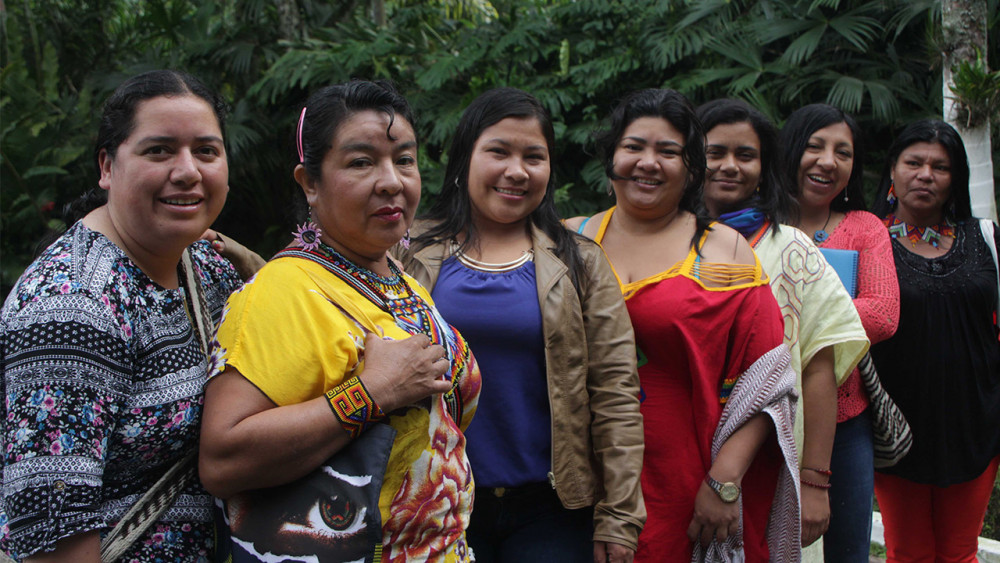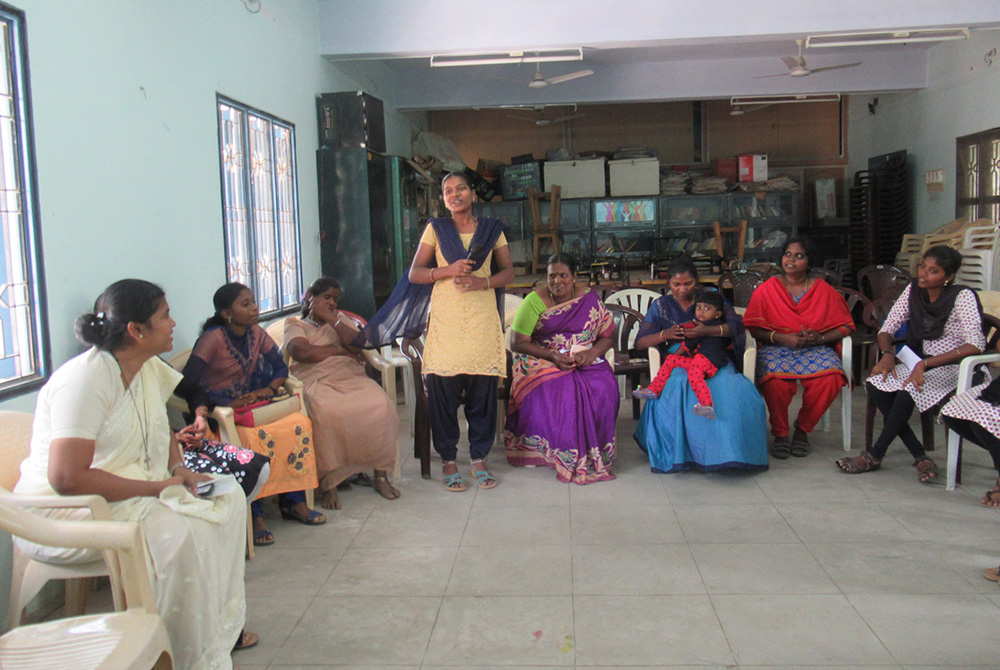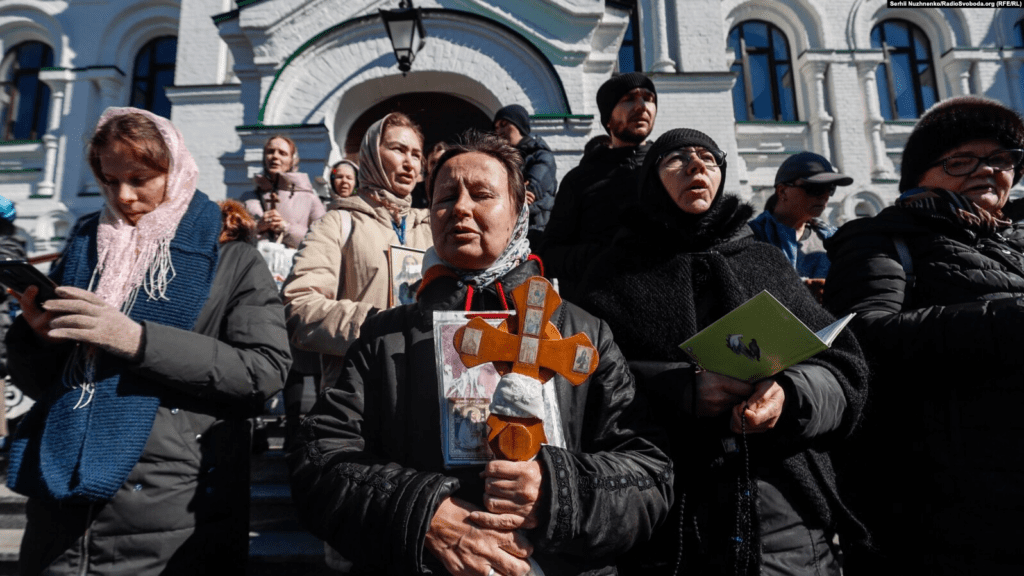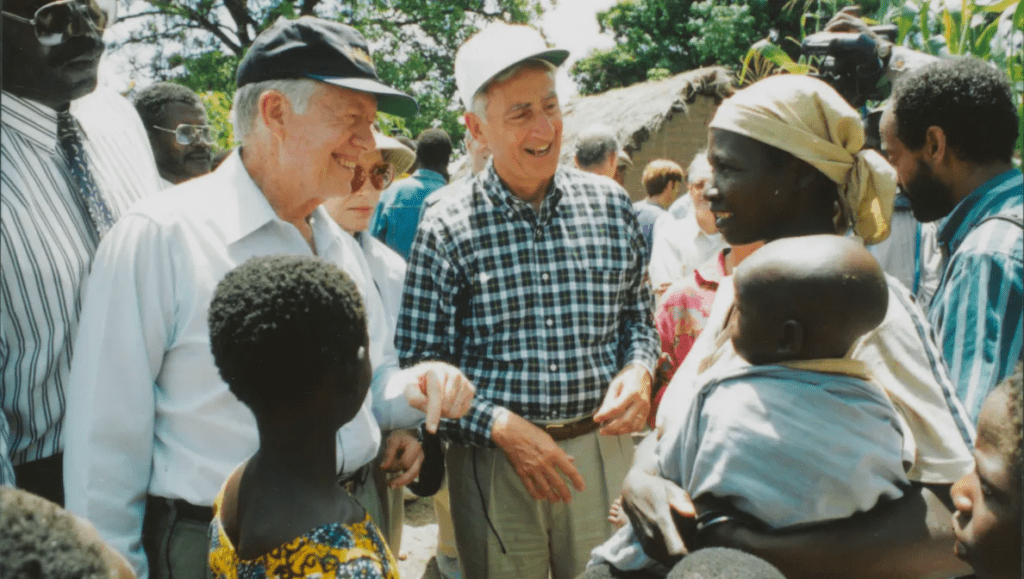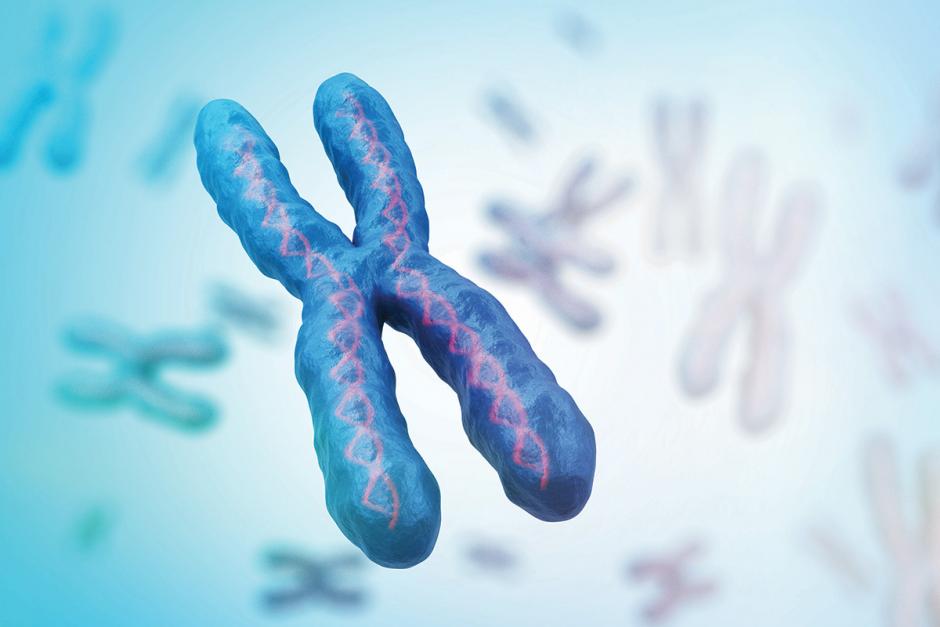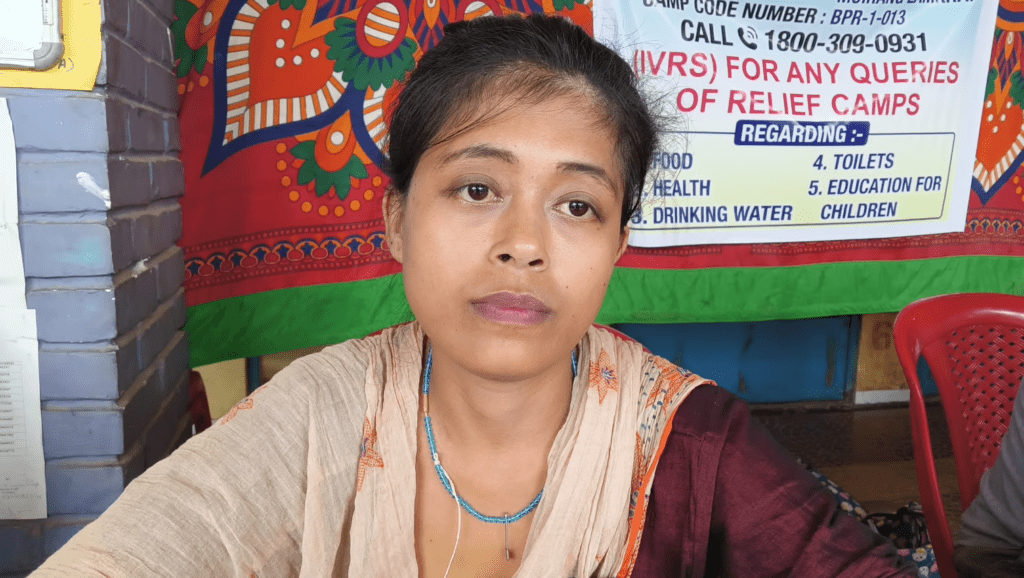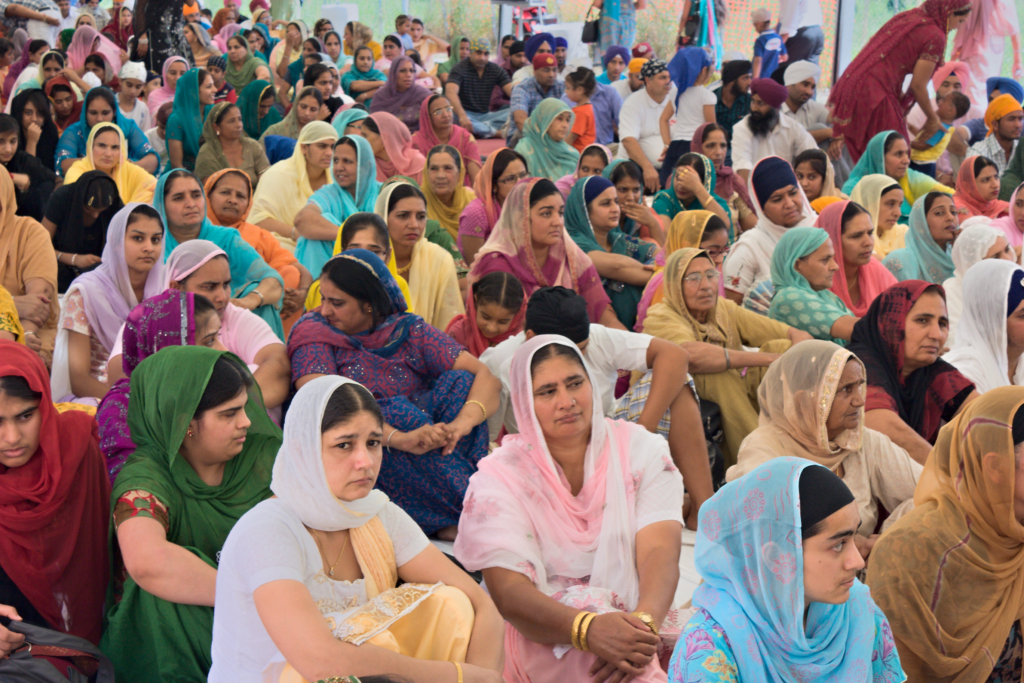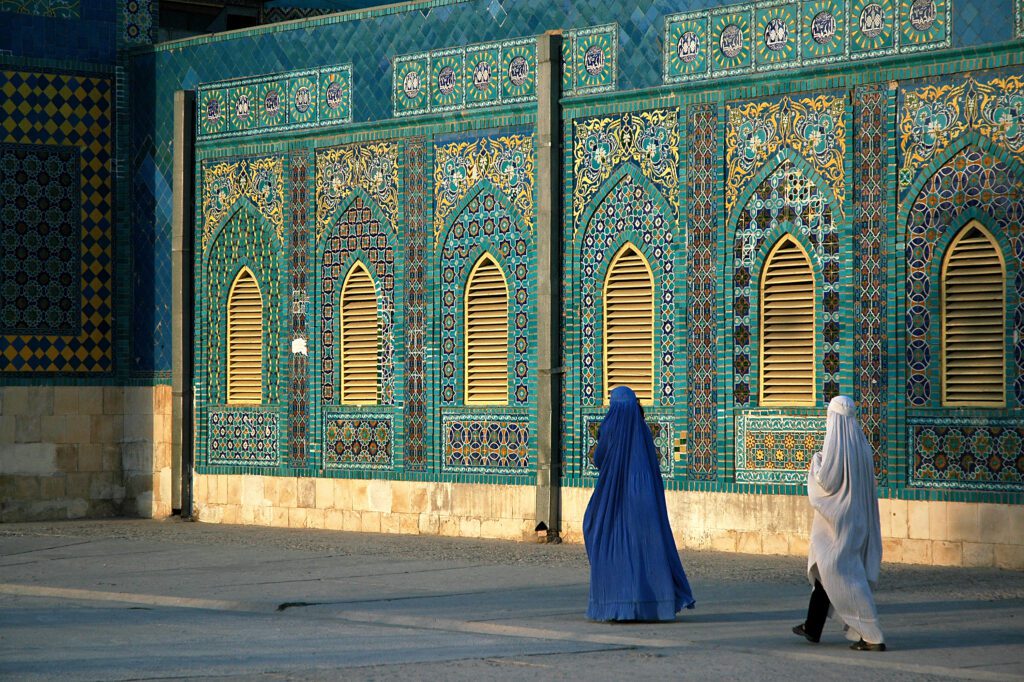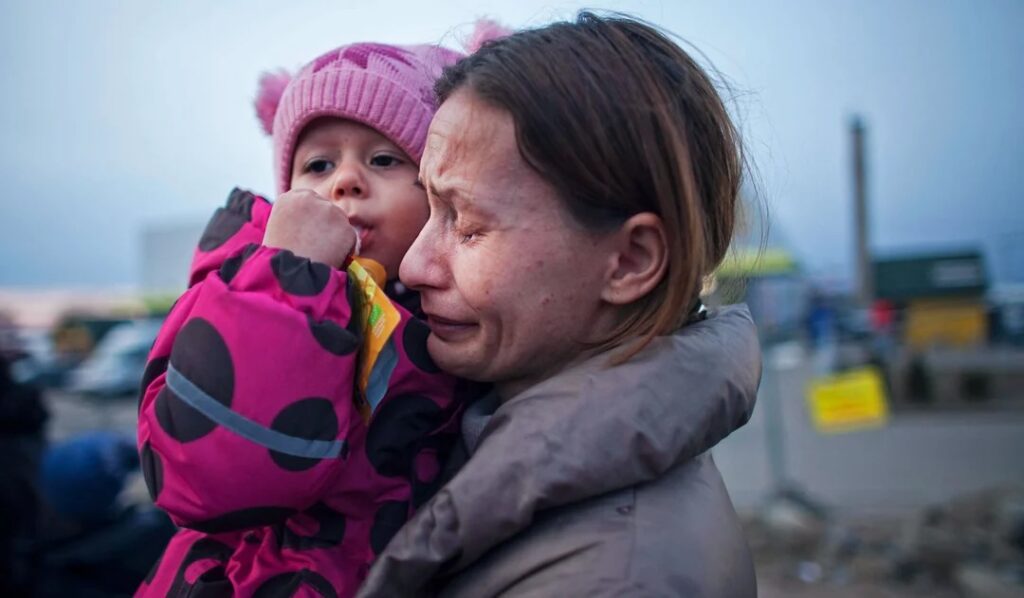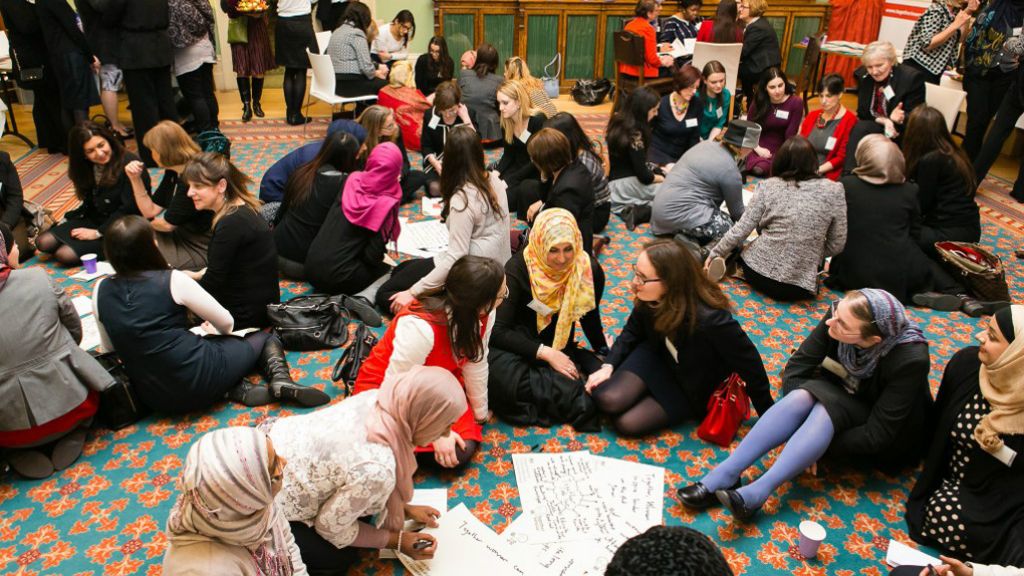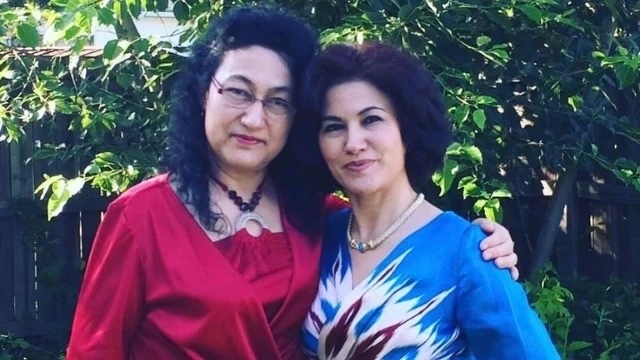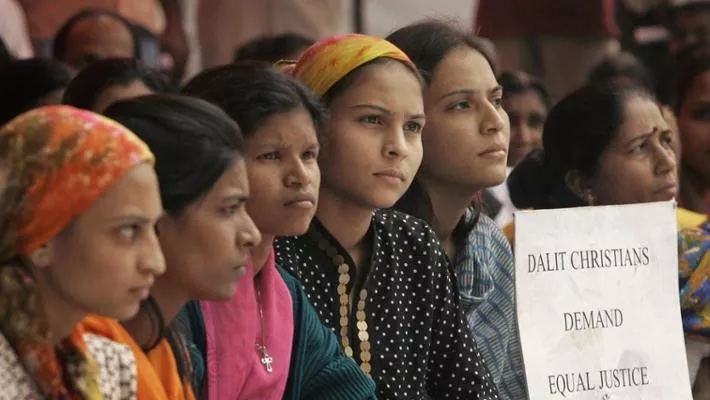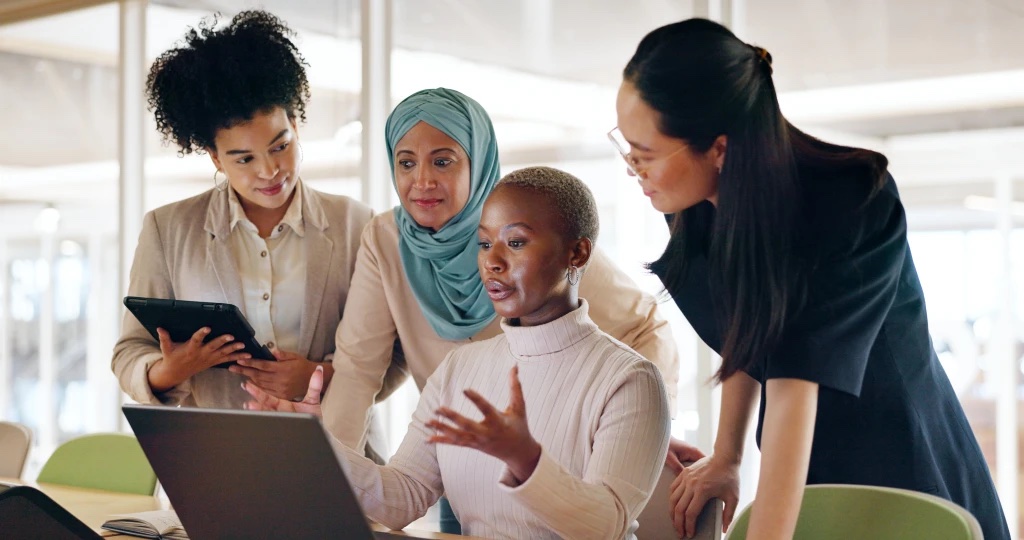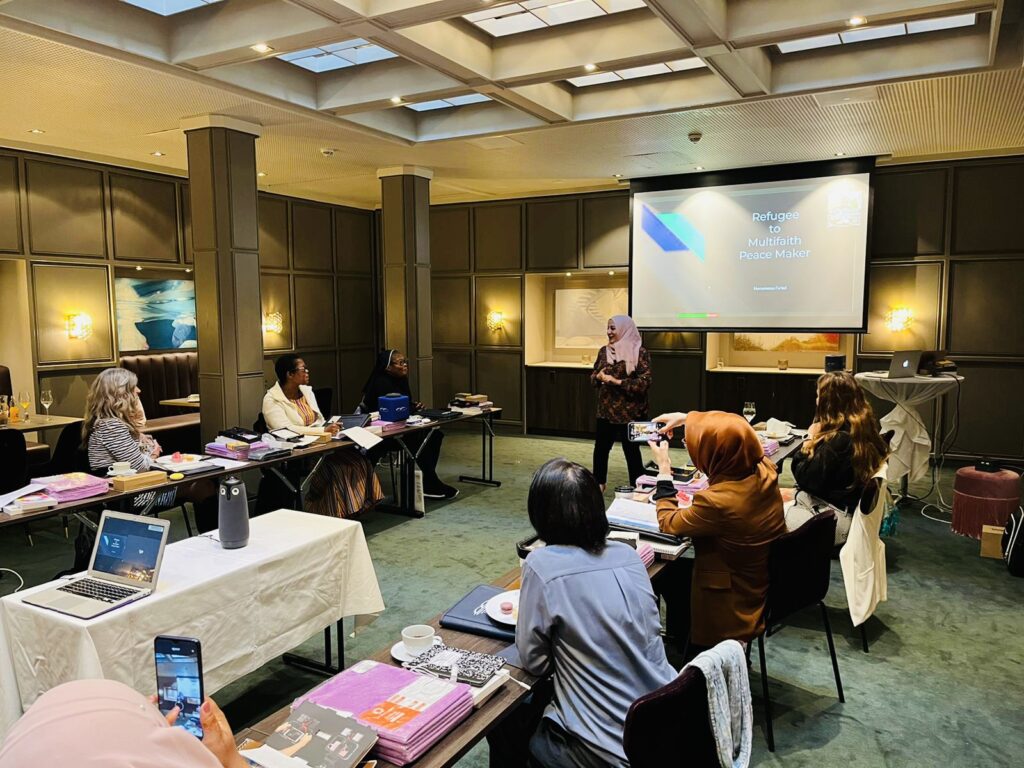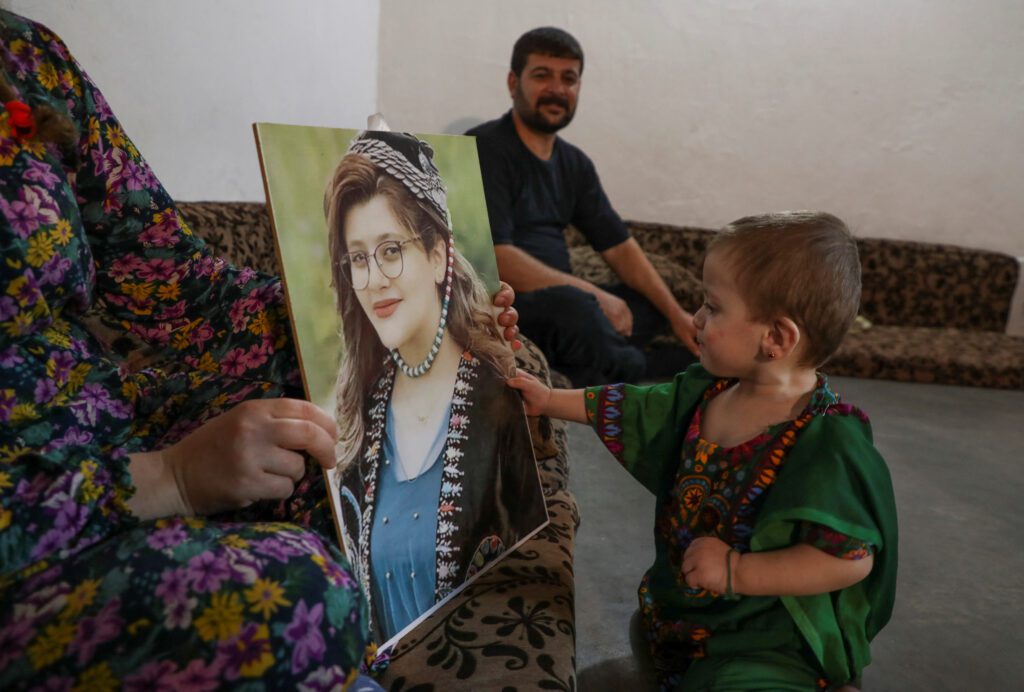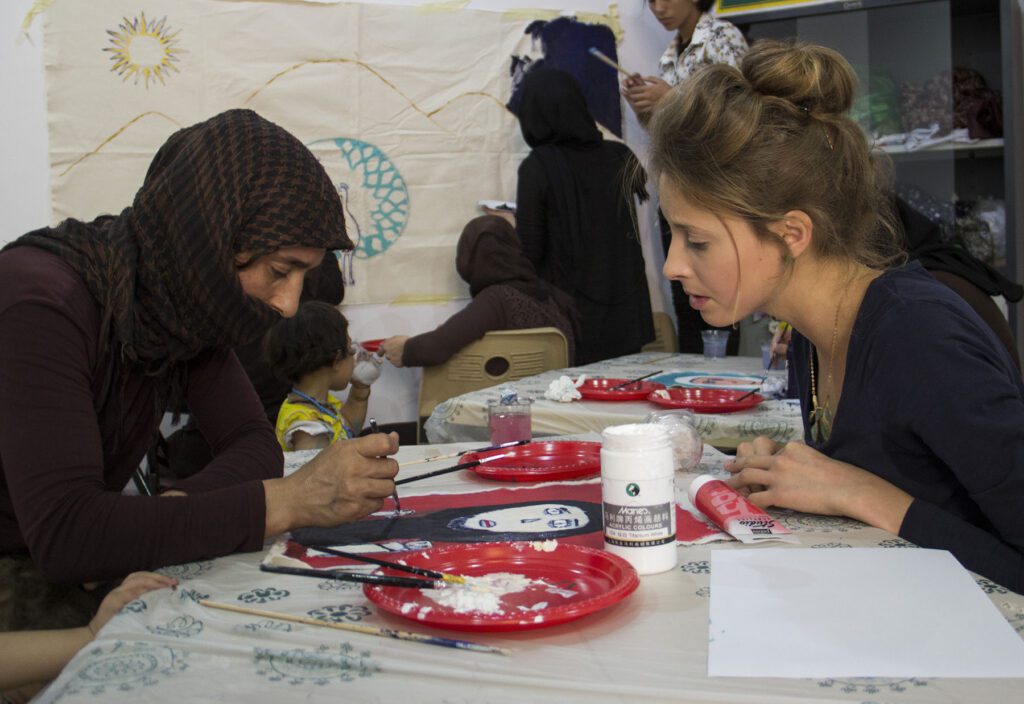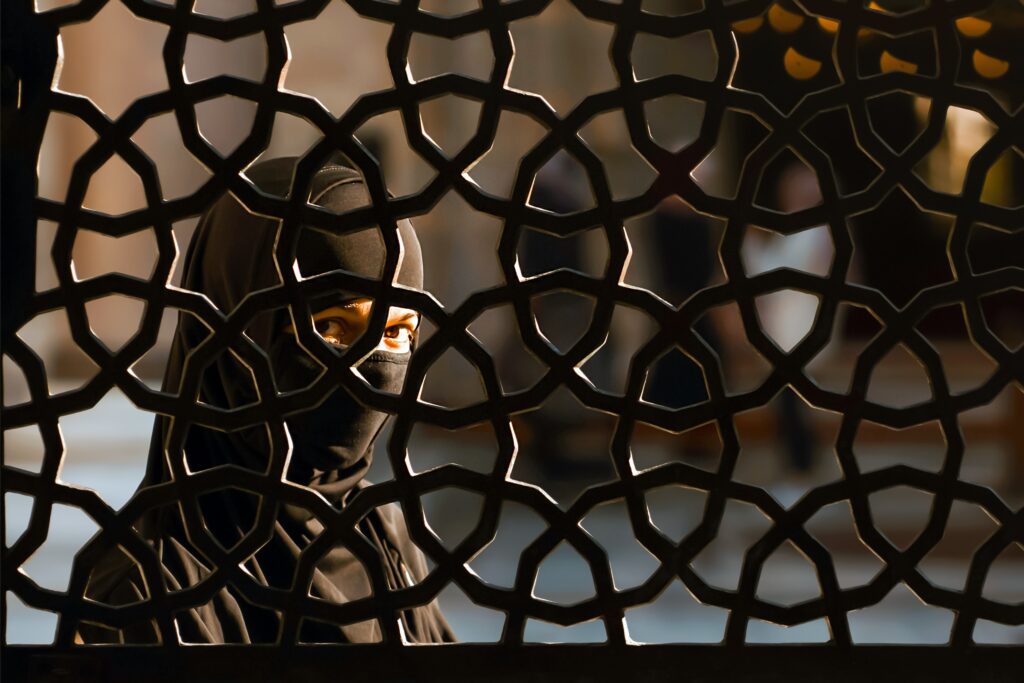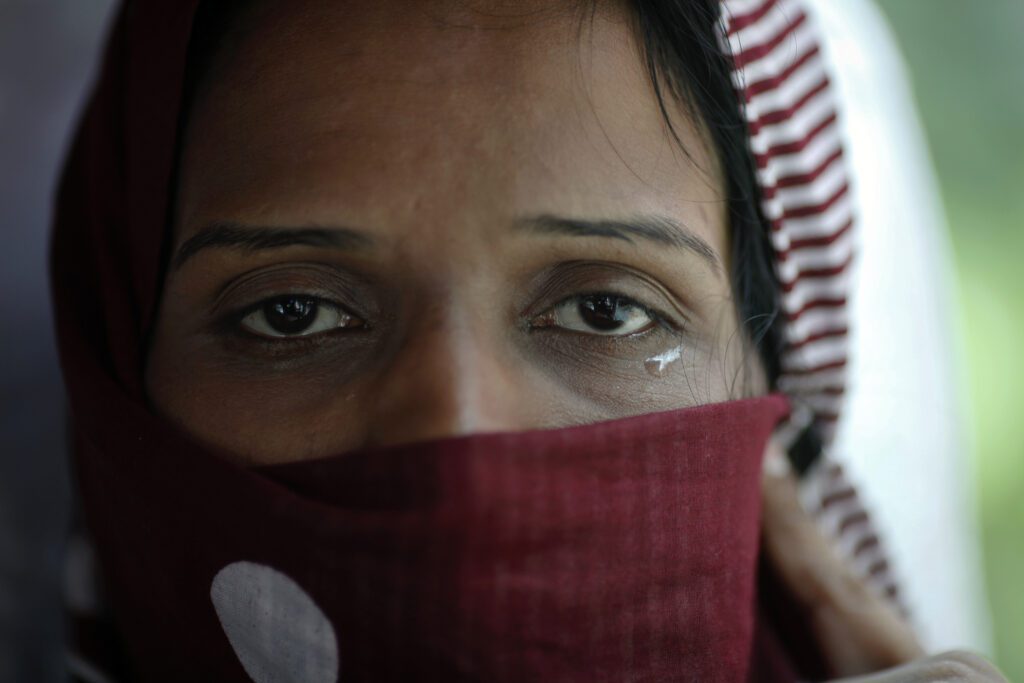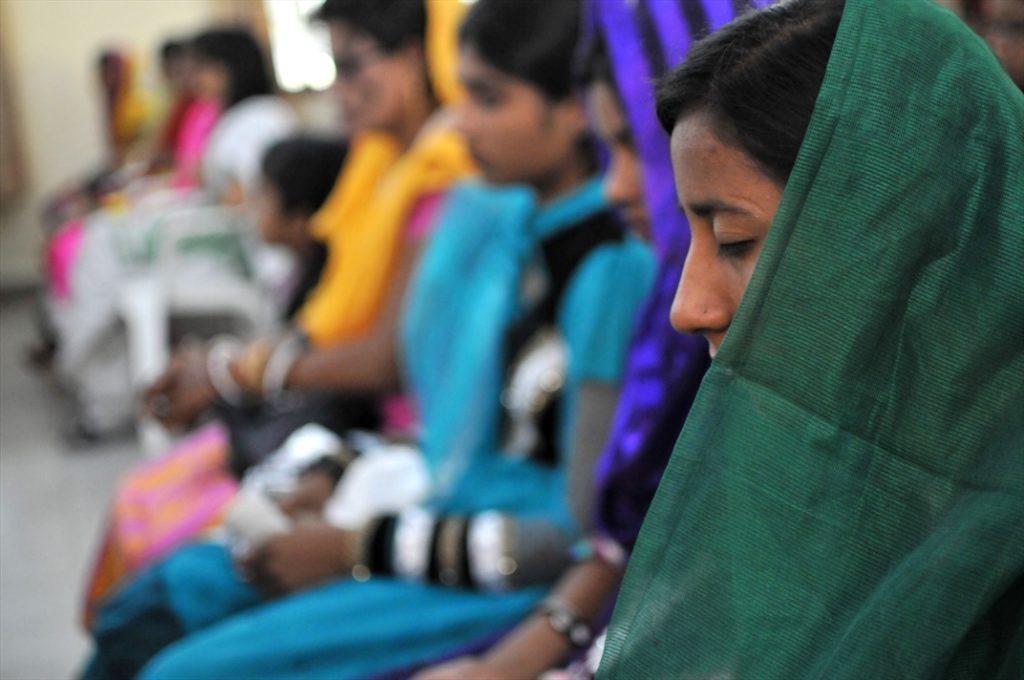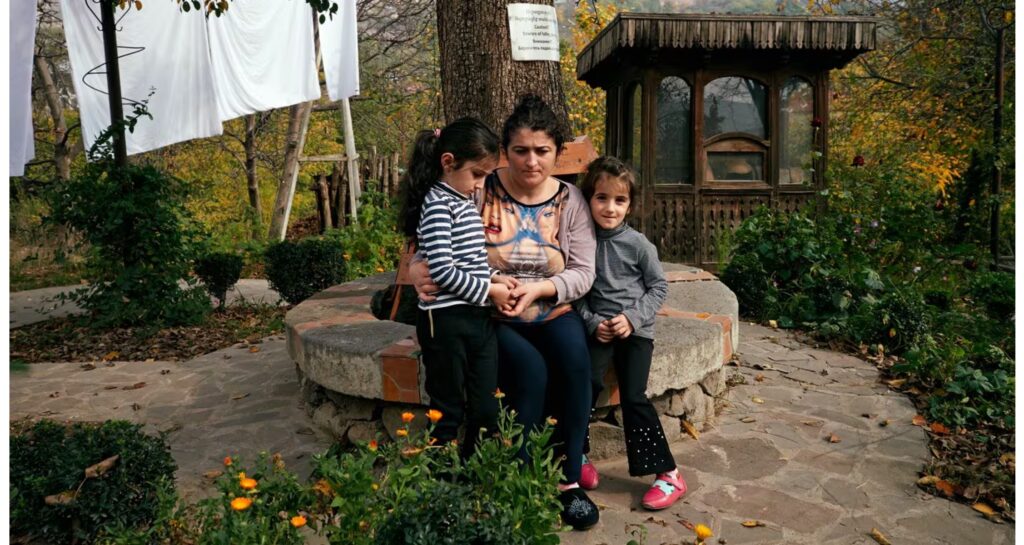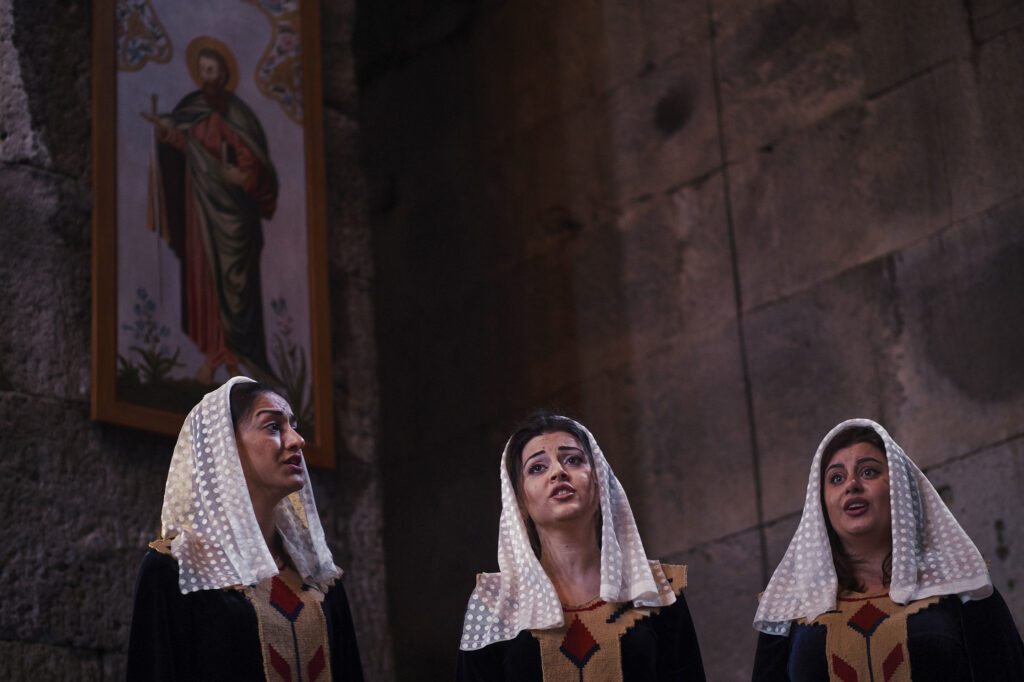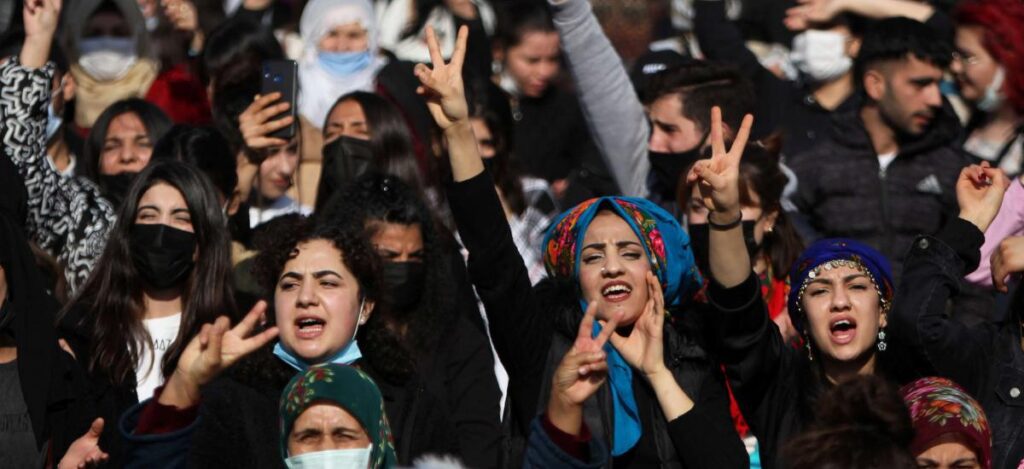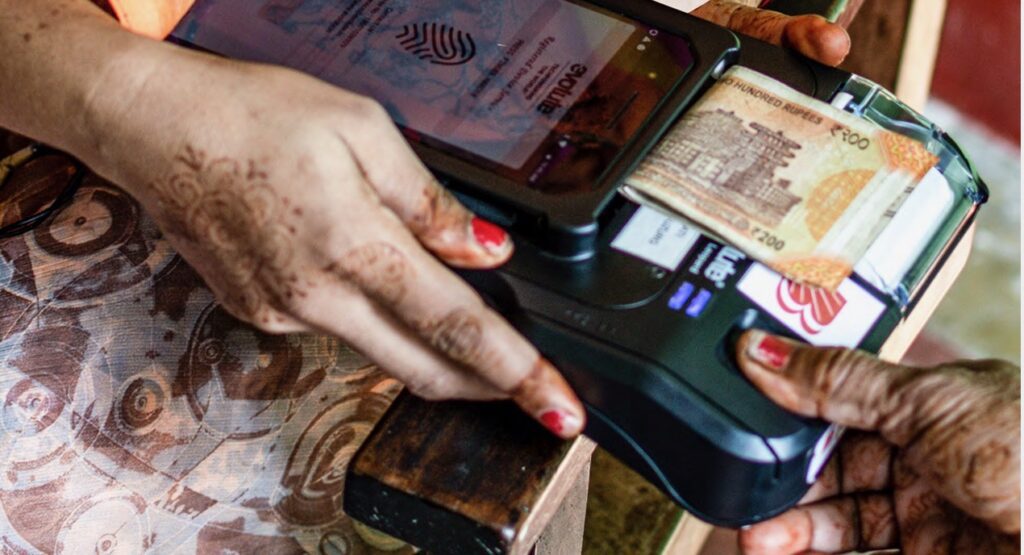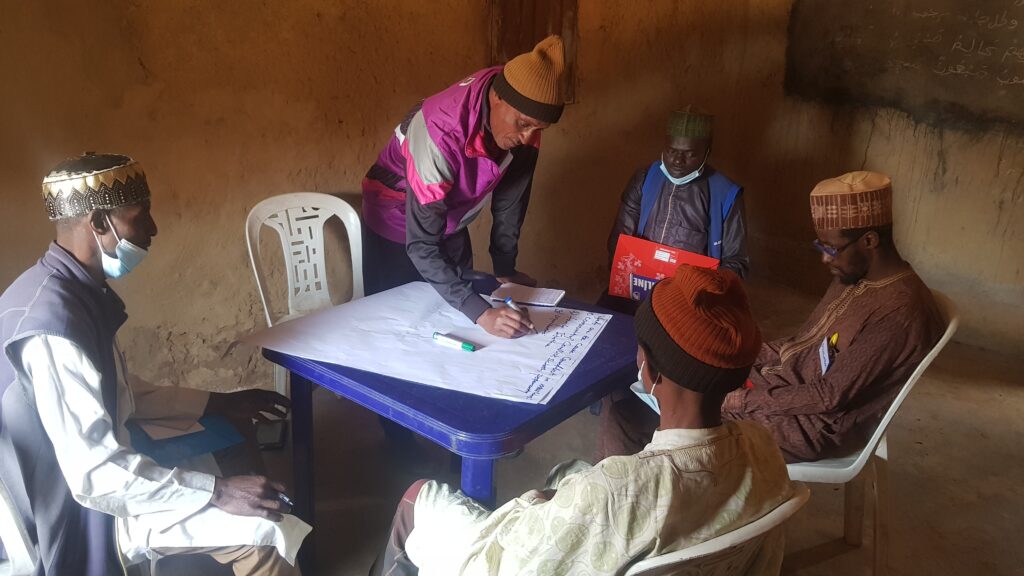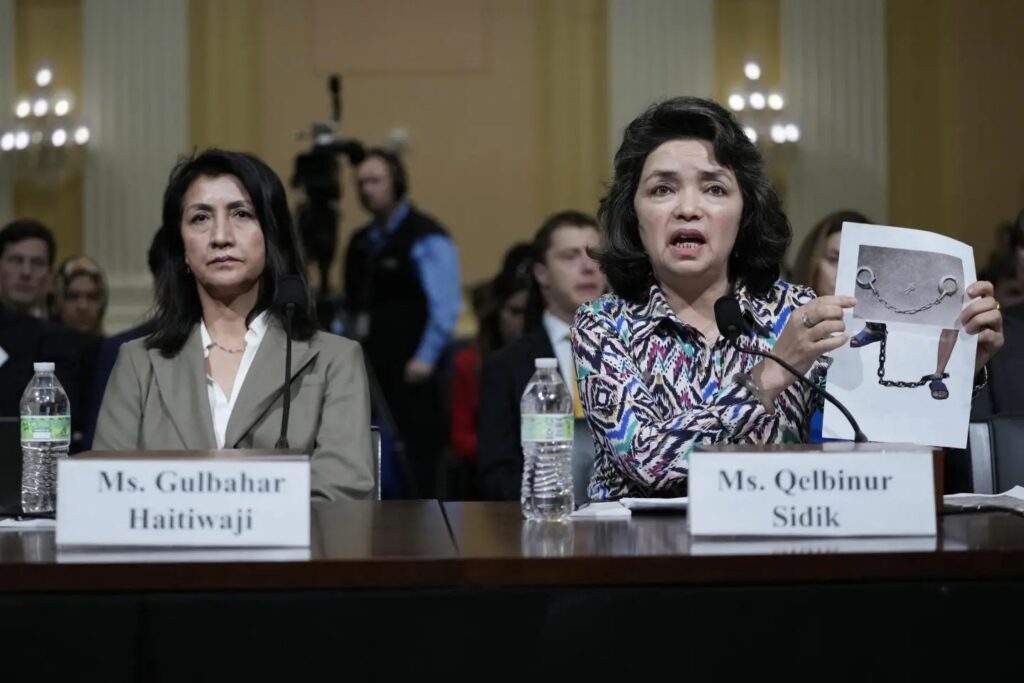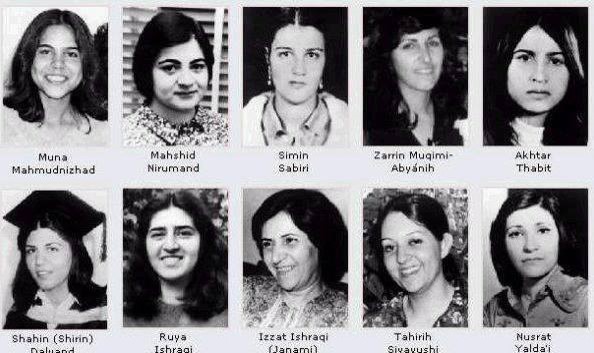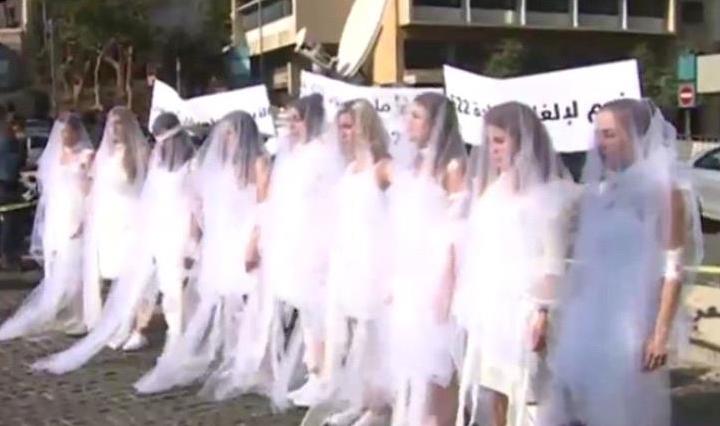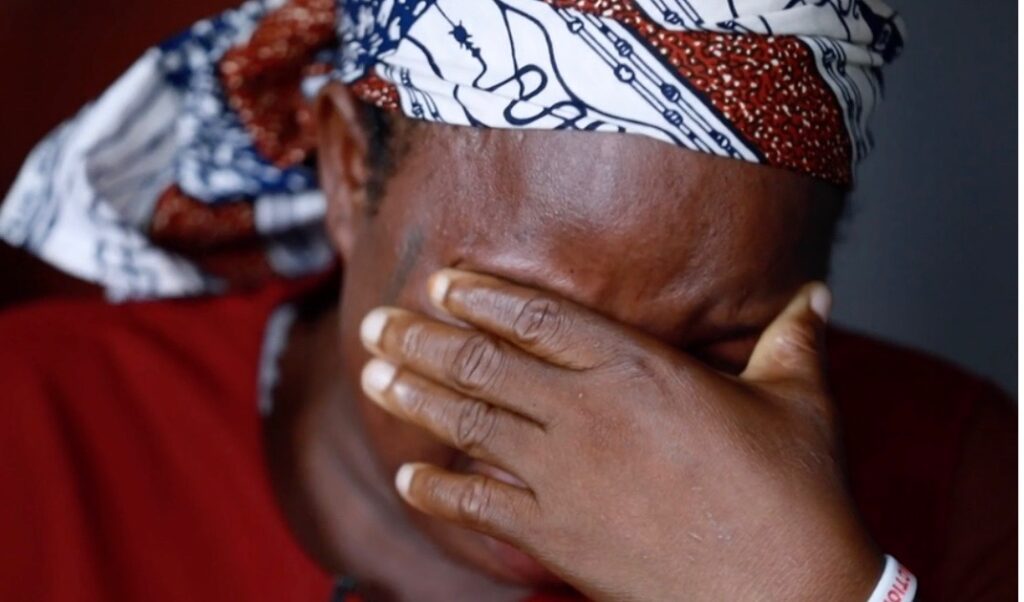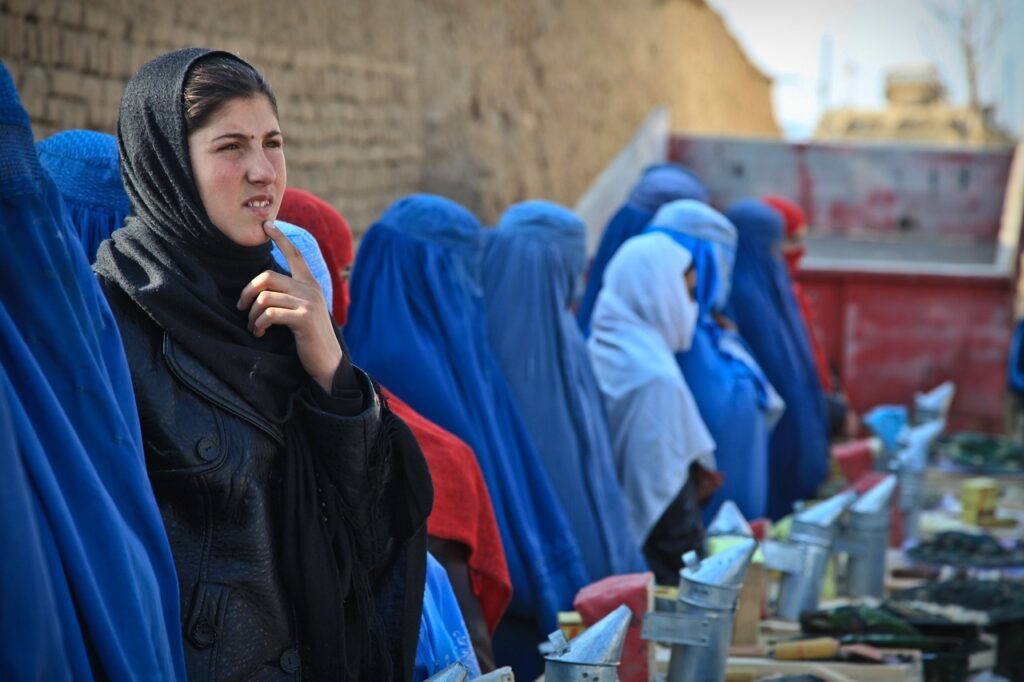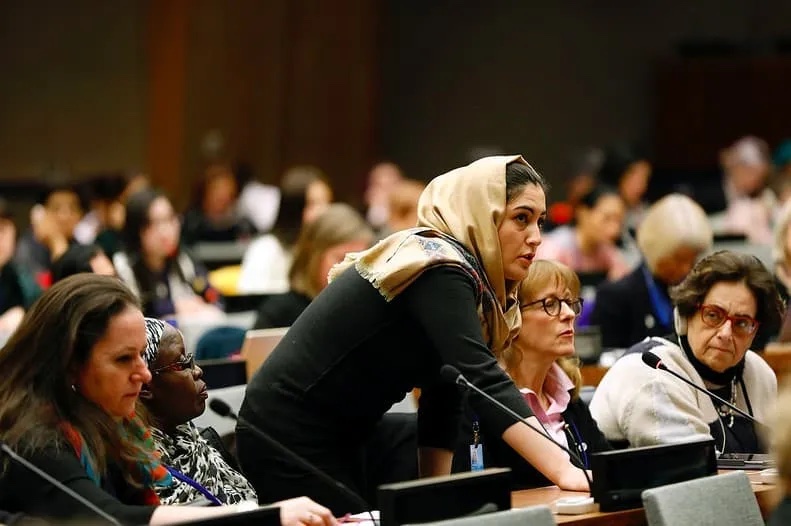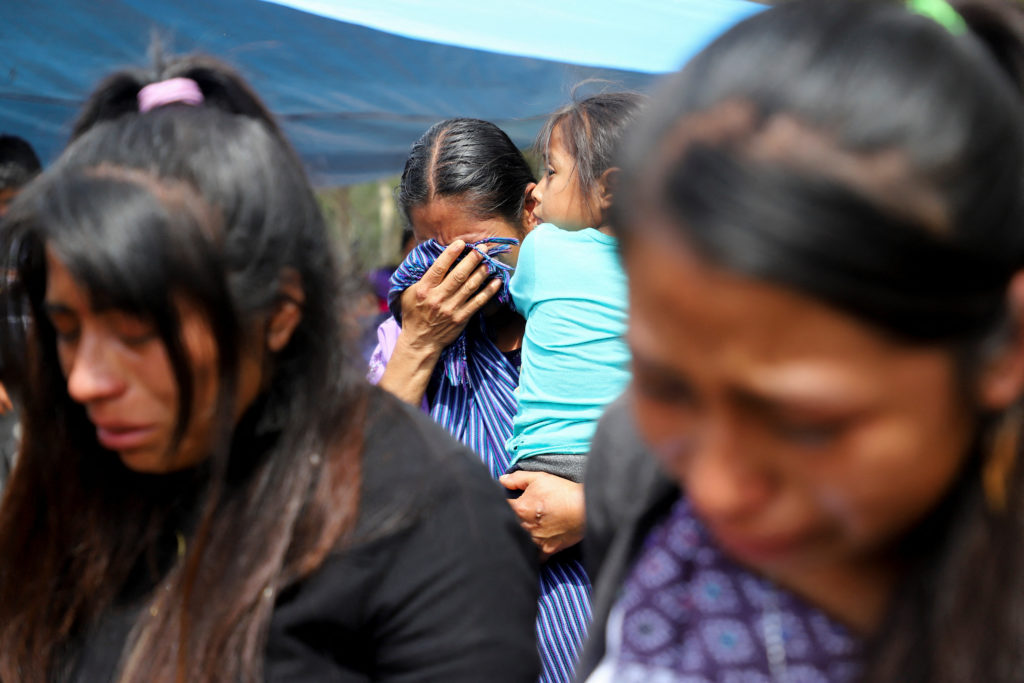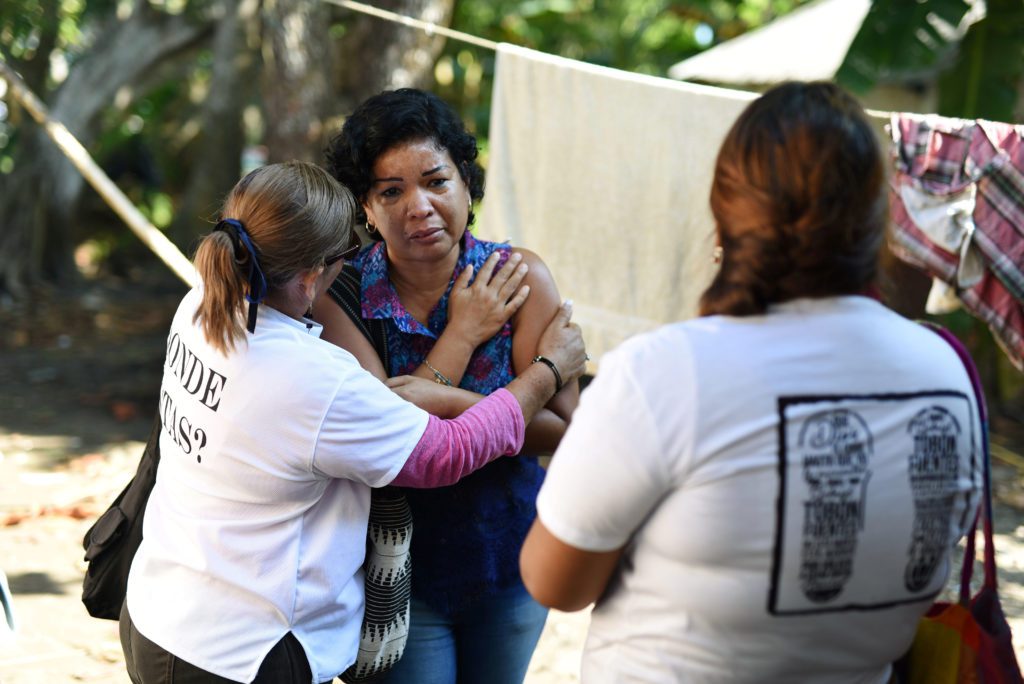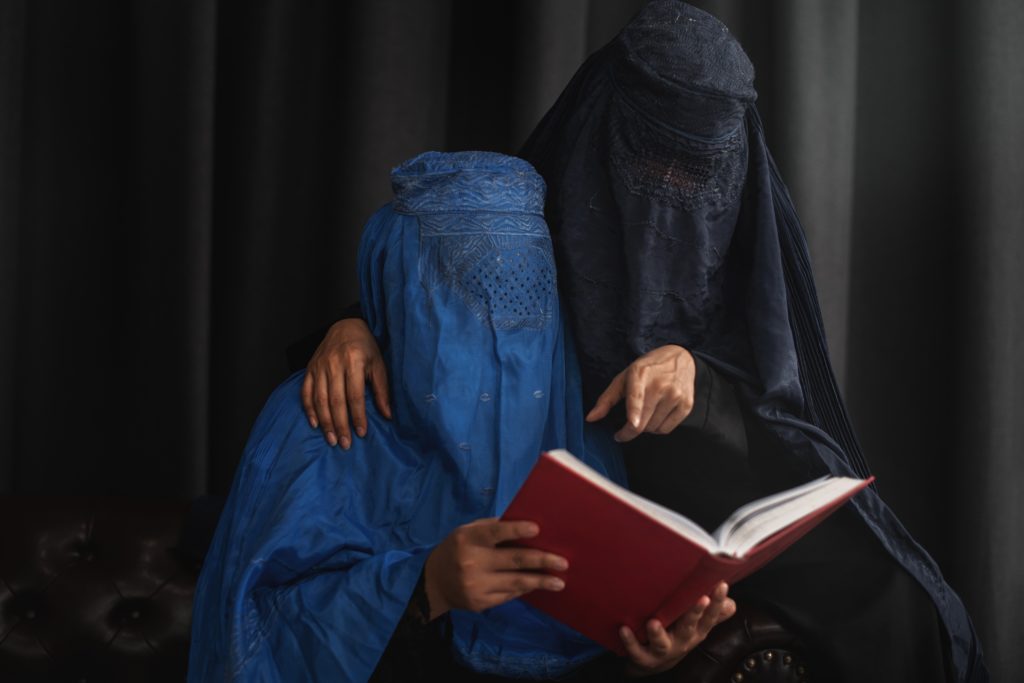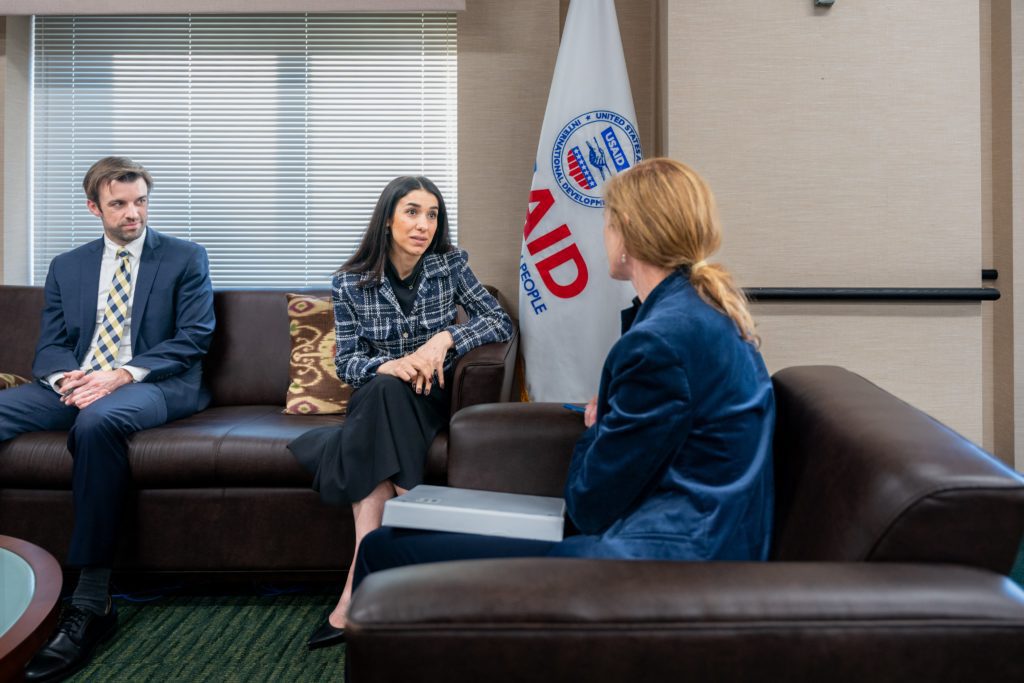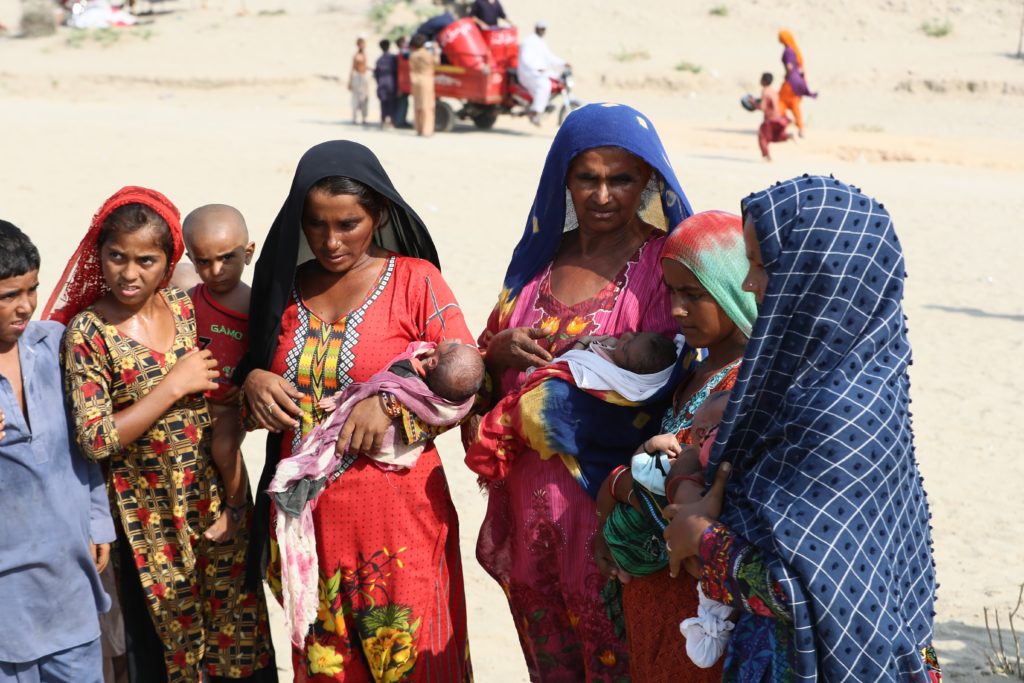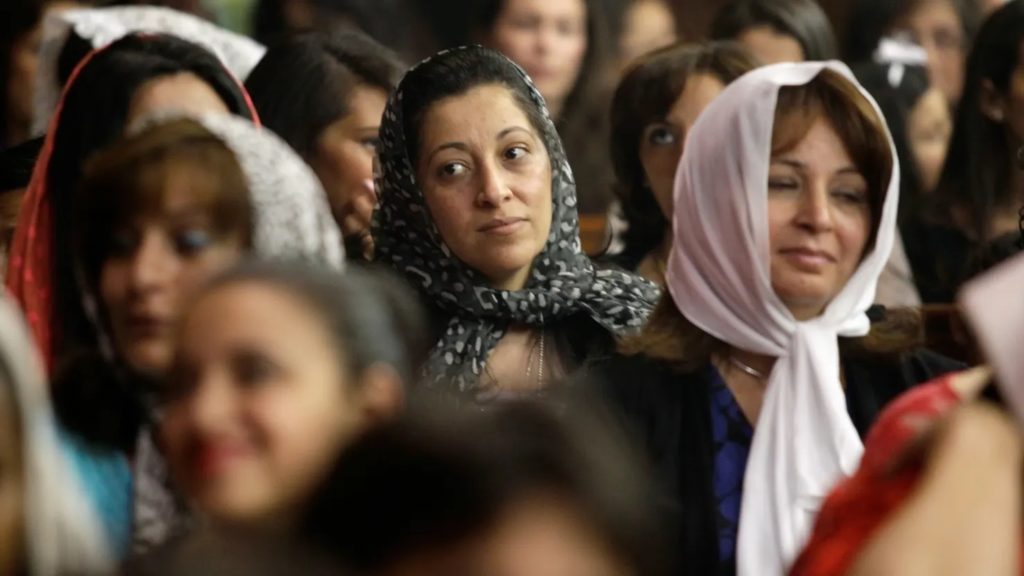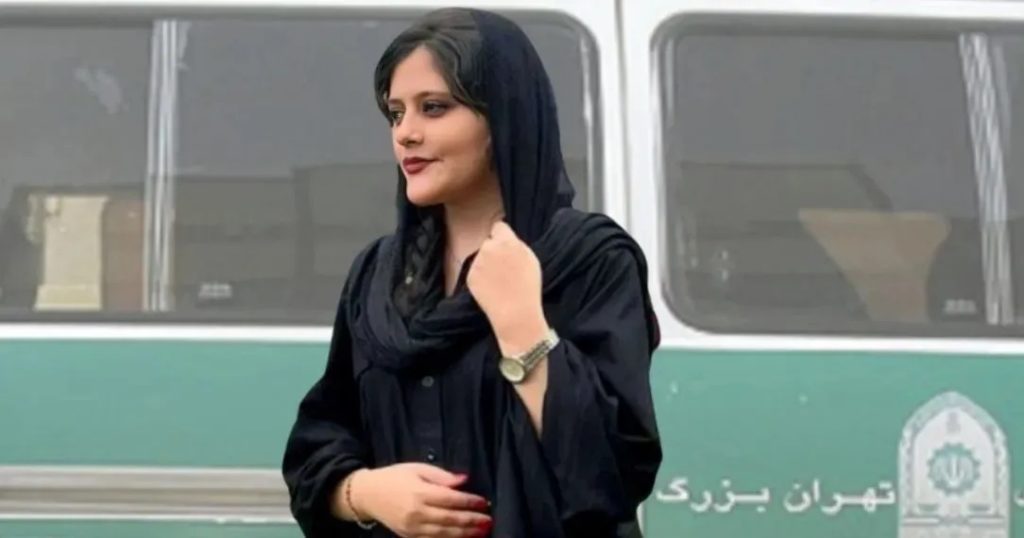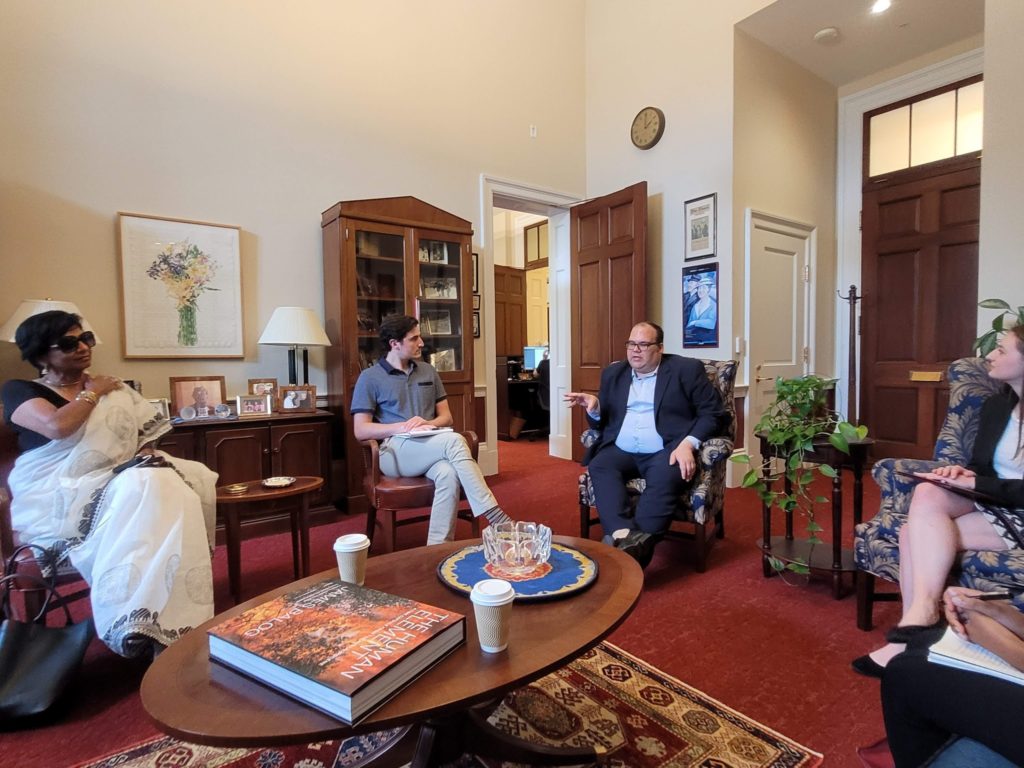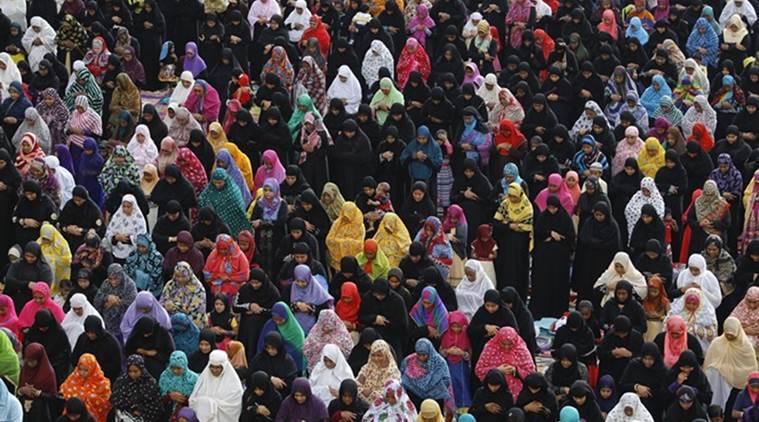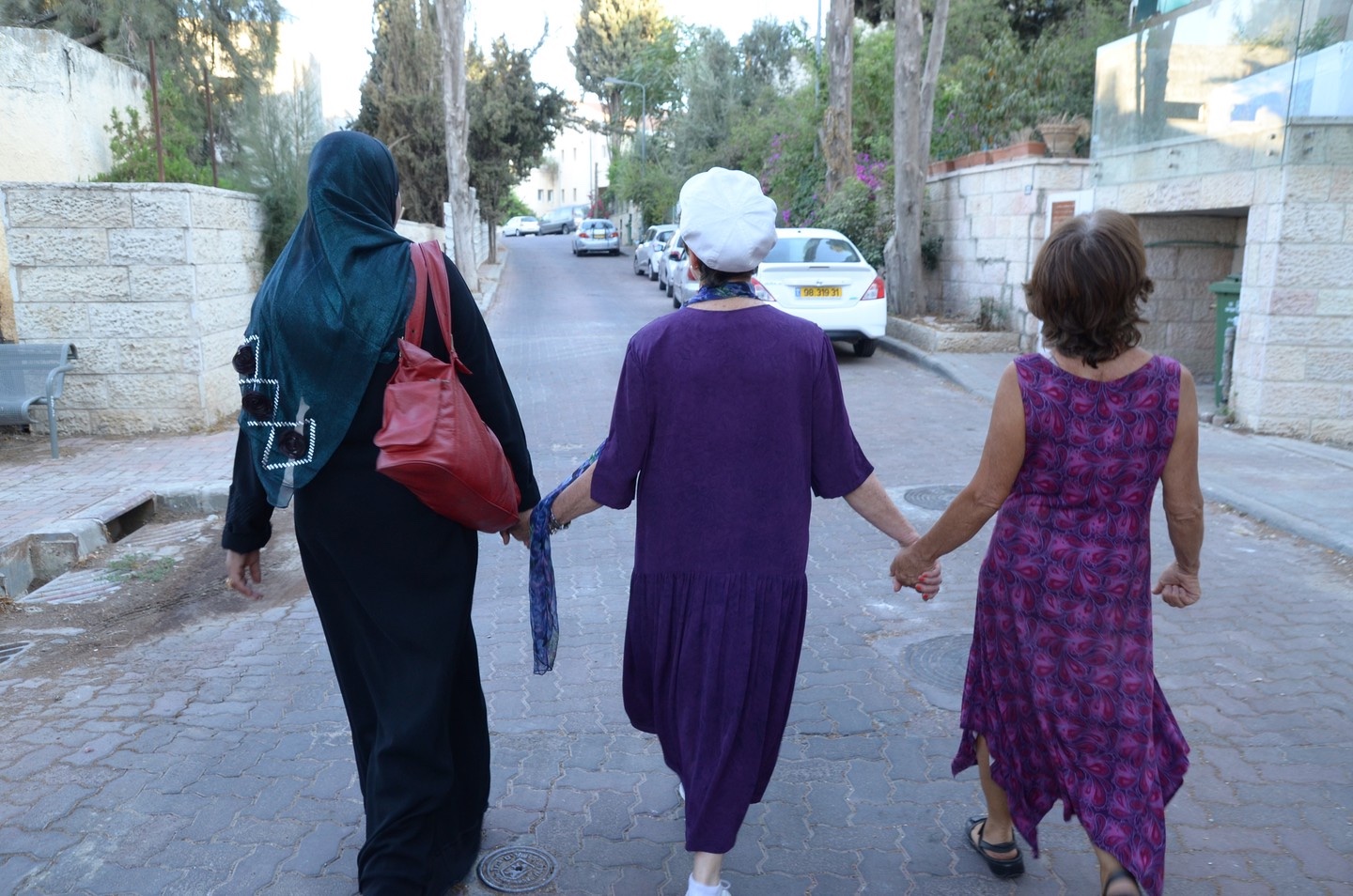Freedom of religion or belief is a fundamental human right of everyone, everywhere. However, state and non-state actors worldwide daily violate this essential right. Women and girls often are the most adversely affected due their gender, ethnicity, faith, challenging economic status, and often restrictive cultural norms.
Such is the case in Nigeria, where I live and work as President of the LEAH Foundation. The foundation, which seeks to raise awareness and spur affirmative action on issues affecting the survival and development of women and children in particular and humanity in general, is named for Leah Sharibu who was abducted by the Islamic State in West Africa Province (ISWAP). She remains their captive.
Nigeria is Africa’s most populous nation, with over two hundred million people. It is a multi-ethnic (with about 371 tribes) and multi-religious nation. While Nigeria is secular and democratic, routine discrimination and violence abounds as the government has done a poor job of governing. Grievous religious freedom violations frequently take place, despite the right to freedom of religion or belief enshrined in Nigeria’s Constitution.
Nigeria President Muhammadu Buhari and his administration have not taken the measures needed to address these violations. In fact, state and non-state actors often act with impunity. Nigerian citizens face blasphemy charges and convictions, violence, and attacks during religious ceremonies. Officials have arrested few perpetrators and many escape after arrest. During Buhari’s tenure, fourteen jail breaks have taken place. Most escapees never are recaptured, rejoin their militant groups and carry out more deadly attacks, and security officials are not held accountable.
Impunity continues to embolden a diverse array of criminal gangs and non-state actors, including Boko Haram, ISWAP and Fulani militias, who commit atrocities daily. Atrocities are increasing in number, and are now taking place in the south as well as continuing in the north. These non-state actors bomb, burn, and destroy places of worship: One of the latest occurred at St. Francis Catholic Church in southwest Nigeria. At least 50 people were killed and over 100 wounded when Fulani militants attacked worshippers in June 2022. As is often the case when houses of worship are attacked, a large number of the dead and injured are women and children. They also kill and kidnap religious leaders and worshipers for ransom in northern Christian communities, and abduct women and girls who are forcefully converted to Islam, married off or enslaved as sex slaves when they refuse to convert. Their goal is establishing an Islamic Caliphate in Nigeria.
We must not forget the thousands of women and girls, and their families, whose lives non-state actors have shattered. One such girl is Leah Sharibu, for whom the U.S. Commission on International Religious Freedom (USICRF) is advocating as a religious prisoner of conscience. ISWAP abducted her from her Secondary School in Dapchi village on February 19, 2018 when she was only 14 years old. Her 109 school mates were freed after negotiations with the Nigerian Government. However, Leah alone remains a captive because she courageously refused to renounce her Christian faith.
Sadly, like Leah, over 100 out of the 267 of the mostly Christian Chibok girls remain in captivity, many since 2014. While we know some of their names, including Grace Turka, Alice Ngadda, and Lilian Gyang Daniel, we do not know the names of many other women and girls who remain captives.
Along with the violence committed by non-state actors, Nigerian women and girls confront other threats. Deborah Samuel, a 19-year-old Christian girl, was accused of blasphemy. Her Muslim school mates stoned her to the death on May 12, 2022. Only two people were arrested for her murder, despite her killers not even bothering to hide their faces in the video they released on social media. They knew they had nothing to fear. In fact, law enforcement officers seen on the video watched as Deborah was stoned and her body burnt.
Given this violence and the impunity under which it takes place, many Nigerians disagreed with the U.S. State Department’s 2021 decision to remove Nigeria’s designation as a “Country of Particular Concern” (CPC), despite USCIRF’s recommendation that Nigeria remain on the list. I speak for many Nigerian civil society and humanitarian advocates when I call on the State Department to redesignate Nigeria as a CPC.
We further urge the international community to join us to hold accountable both the Nigerian government for its actions and impunity and non-state actors for the egregious violations they commit. We fear the consequences of such violations continuing unabated and generating collective fear that, in turn, threatens to incite more violence. Such a scenario is especially troubling given Nigeria’s huge population and political, economic and social importance to and in Africa, and in the context of the 2023 Presidential election and the instability this election could generate.
We also call on the Nigerian government to prioritize the rescue of all women and girls whom non-state actors have abducted and provide the necessary social supports to traumatized families who have been further devastated by viewing horrific videos of their loved ones being raped and forced to kill fellow captives and commit other unimaginable atrocities.
Women advocates have a special role to play in Nigeria today. We must promote respect for diversity, inclusion and tolerance and stand in solidarity with those whose voices are not being heard, working with them so that they are heard.
We must educate women and girls about their right to freedom of religion and belief and teach them how to “Say No” to all forms of violations including being forced into marriage and prevented from getting an education. Being denied an education dooms many to a lifetime of economic struggle.
Women advocates also must continue to support other women with initiatives and programs that empower them to participate in decision making platforms that focus on learning skills including how to bring together communities for mediations, violence reduction and atrocity prevention. Women leaders and community members are effective peace builders and deserve support as we pursue and advocate for initiatives to help end the suffering of women, who are often the victims of religious freedom violations. Key to this effort are women leaders continuing to work with local religious leaders to publicly condemn acts of extremism their faith followers commit against people of different faiths and participate in interfaith dialogues to help bring about reconciliation.
Given the importance of women as change agents and peace builders, the Nigerian government and the private and civil society sectors, both nationally and internationally, should support women as community leaders and members to ensure that we can continue our work, including helping families rebuild lives destroyed by state and non-state actions and impunity.
The LEAH Foundation was established to honor the courageous faith over fear Leah Sharibu exhibits. Leah represents all women and girls persecuted for their faith as well as the women and girls who are being denied their education and other rights in Nigeria. We will continue to advocate for Leah and all women and girls whose freedom of religion or belief are being violated.
Dr. Gloria Puldu is President of the LEAH Foundation. She holds a doctorate in Political Science from the University of Ibadan, a Master of Science in International Relations and Strategic Studies, and a Bachelor of Science in Political Science, both from the University of Jos.
Disclaimer: The views and opinions expressed in this article are those of the authors and do not necessarily reflect the official policy or position of FoRB Women’s Alliance.
